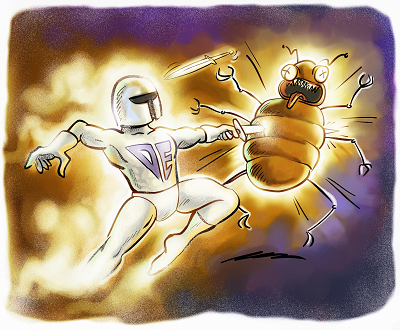
 1
1














Mediterranean climate, hugel trenches, fabulous clay soil high in nutrients, self-watering containers with hugel layers, keyhole composting with low hugel raised beds, thick Back to Eden Wood chips mulch (distinguished from Bark chips), using as many native plants as possible....all drought tolerant.
 2
2




Check out my newest project at http://www.stadtfarm.com http://www.twitter.com/stadtfarms or https://www.facebook.com/StadtFarm/
 1
1




To lead a tranquil life, mind your own business and work with your hands.
 1
1












|
It's a beautiful day in this neighborhood - Fred Rogers. Tiny ad:
Our PIE page has been updated, anybody wanna test?
https://permies.com/t/369340/PIE-page-updated-wanna-test
|









